June 25, 2021
Twenty-Three People Arrested as They Engaged in a Nonviolent Moral Civil Disobedience in Front of the Hart Building
WASHINGTON – More than 300 people gathered in front of the U.S. Supreme Court today for a Poor People’s Campaign Moral March on Manchin and McConnell. Hundreds participated in the COVID-safe march, in addition to the tens of thousands of online viewers. Twenty-three people surrendered their bodies to arrest as the group marched from the Supreme Court to the Hart building in an attempt to meet with Sens. Manchin and McConnell. The group engaged in nonviolent moral, civil disobedience and was arrested in front of the Hart building to dramatize that the senators were wrong and would not meet their constituents.
Bishop William J. Barber II, co-chair of The Poor People’s Campaign: A National Call for Moral Revival, addressed the crowd of participants who hailed from Kentucky, West Virginia, Pennsylvania, New York and Ohio. After hearing from leaders including Pam Garrison and Jean Evansmore of West Virginia, the Rev. Jesse Jackson Sr. of the Rainbow Push Coalition, Attorney Daryl D. Jones of the Transformative Justice Coalition, Rahna Epting of MoveOn and Jennifer Butler of Faith in Public Life, the group marched two by two to the Hart Building.
This event comes on the heels of Republican senators blocking the pivotal For the People Act earlier this week. “Yesterday’s party-line vote to kill debate on the For the People Act certified what we already knew: McConnell’s obstructionist caucus is politically mean, extreme, regressive and antithetical to the very Constitution they swore to uphold,” said Bishop Barber.
It was previously reported that seven buses from Pennsylvania, New York, Ohio, West Virginia and Kentucky would be traveling to the area for the march. However, at the last minute, the bus companies mysteriously canceled three out of seven buses.
“Republicans are trapped in the lies of McConnell’s meanness and are held captive by money and the forces of greed that have been reshaping them since the Southern strategy of Richard Nixon,” continued Bishop Barber.
“These are not radical or peculiar demands,” added Jim Winkler, National Council of Churches. “We’re here today to protect and strengthen our right to vote. The only way for this to happen is for the filibuster to go. Well, Mitch, we’re not waiting for you. We’re moving forward now.”
“This is not a political issue, it is a moral one—everything we’re talking about today. We deserve to earn a living wage for full-time work,” said Epting. “We need to push our elected officials and Joe Manchin to move.”
The full list of speakers are noted below:
- Bishop William J. Barber II, The Poor People’s Campaign: A National Call for Moral Revival
- Pamela Garrison, cashier and grandmother
- Jean Evansmore, New Hope (Fayette County), West Virginia
- Pastor David M. Fryson, New First Baptist Church of Kanawha City
- Arnold Farr, Kentucky Poor People’s Campaign
- Rev. Dr. J. Lawrence Turner, The Blvd Christian Church, Memphis, Tennessee
- Rev. Dr. Amy Butler, National City Christian Church, Washington
- Rev. Abhi Janamanchi, Cedar Lane Unitarian Universalist Church, Bethesda, Maryland
- Rev. Jennifer Butler, Faith in Public Life
- Jim Winkler, National Council of Churches
- Rev. Jesse Jackson Sr., Rainbow PUSH Coalition
- Kashish Bastola, Sunrise Movement
- Rahna Epting, MoveOn
- Attorney Daryl D. Jones, Transformative Justice Coalition
Background
The Poor People’s Campaign: A National Call for Moral Revival has picked up this unfinished work of the Rev. Dr. Martin Luther King Jr. From Alaska to Arkansas, the Bronx to the border, people are coming together to confront the interlocking evils of systemic racism, poverty, ecological devastation, militarism and the war economy, and the distorted moral narrative of religious nationalism. We understand that as a nation we are at a critical juncture – that we need a movement that will shift the moral narrative, impact policies and elections at every level of government, and build lasting power for poor and impacted people.
